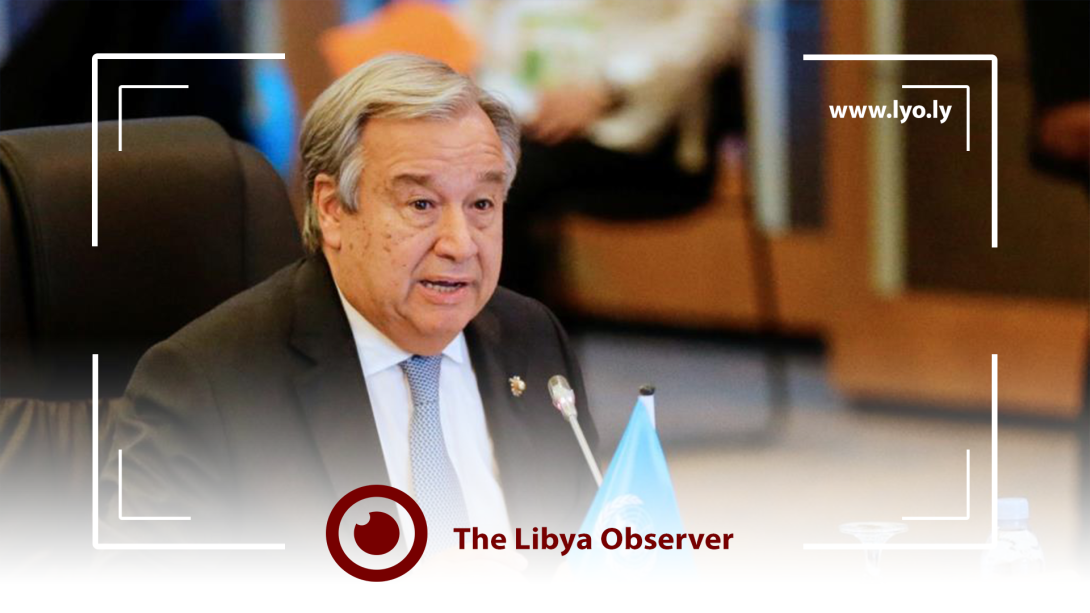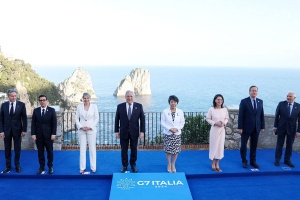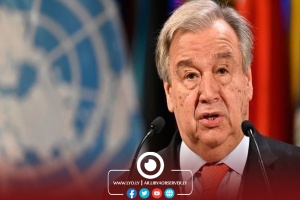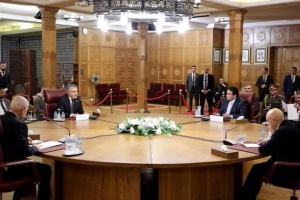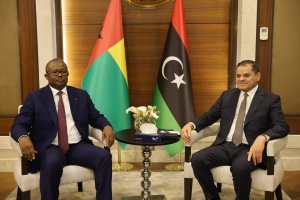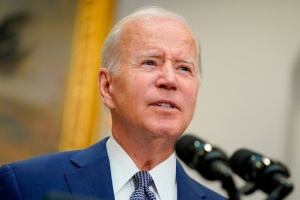The United Nations (UN) Secretary General Antonio Guterres said in an annual report on the situation in Libya that the recurrence of armed clashes in densely populated areas in Tripoli, Benghazi and Gharyan was a matter of grave concern, and he pointed out that Khalifa Haftar’s forces had arrested the former Minister of Defense in the Government of National Accord, Mahdi Al-Barghathi, upon his return to Benghazi, hence leading to violent clashes between the two sides.
"The clashes took place in densely populated areas in Benghazi and resulted in an unconfirmed number of civilian casualties, material damage, cutting off telephone communications for five days, and cutting off Internet network for seven days." Guterres added.
He explained that dozens of people are still missing and their fate and the fate of the former defense minister are not yet known. He added that Haftar’s forces handed over at least three bodies to the families, including the body of the former defense minister’s son, which was bearing signs of torture as per reports.
Guterres indicated that the armed clashes that took place between the Special Deterrence Force and Brigade 444 were in several densely populated neighborhoods in Tripoli. He added that growing tensions between the two groups resulted from individual rivalries and efforts to control lands and financial resources, saying that they were stopped by joint efforts of the government, dignitaries, and leaders of other armed groups positioned in Tripoli.
Regarding the Gharyan city clashes, Guterres attributed their cause to the attempt of former military commander Adel Daab to return to Gharyan after leaving during the 2019 conflict, indicating that the security situation stabilized on the western coastal road during the reporting period, after the joint operations room established by the Prime Minister Abdul Hamid Dbeibah had taken control of the city. Guterres pointed out that armed clashes could undermine ongoing efforts to create a safe environment for holding elections.
He explained that the developments in Niger and Sudan and the ongoing hostilities on the border between Libya and Chad raised concern about the potential destabilizing effects on Libya, expressing his deep concern about the widespread violations of international law in Libya, including human rights law, the lack of accountability for perpetrators, and the prevalence of arbitrary arrests and detentions across the country, adding that this could undermine the possibility of creating an enabling environment for elections.
The UN Secretary General also voiced concern about what he called the increasing militarization of law enforcement operations across Libya, stressing that these operations should be carried out by trained and equipped civilian law enforcement agencies.

